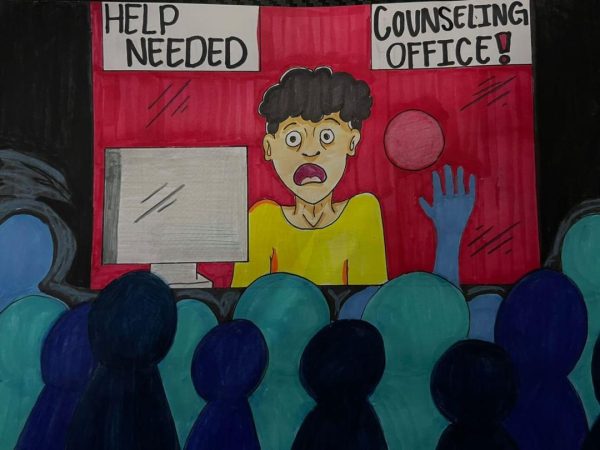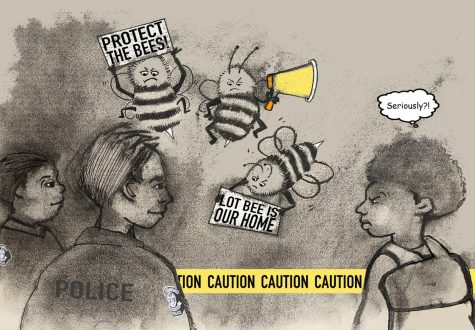Is sex on TV bad for teens? NO
Sex on TV stays on TV.
Seeing sex on TV does not always make teenagers want to have sex. TV shows and ads can try to sell sex to you, but that cannot change who you are or the people you know.
As long as teens have raging hormones and the desire to have sex, they will. It’s our biology to do so, and sex was created to be enjoyable for a reason.
At certain ages, the need to find a lasting partner becomes more important and almost becomes a necessity in life. Sex is a part of life and if it were not, none of us would be here right now.
TV can affect what people “want,” such as types of fashions that look sexy. It could depict these idealistic people that a wide audience will agree is hot. It can show music videos with sex appeal or simulated acts, but it is all just a dream world that only reflects how people already feel about sex.
It also illustrates that people in this country have a fixation with sex and that the general public wants these types of shows. Sex is on TV because people want it there. If they did not want it, it would go away. Advertisers hope that the people out there will see the sex on TV and be old enough to buy the products that have the “sex appeal.” They also want you to believe that sex will sell, and you will buy. It’s up to us to hold our own values and to know if we are going overboard or making the wrong decisions about protecting ourselves. When it comes down to it, the only one looking out for your own health is yourself.
On the contrary, there are ads promoting abstinence and birth control options, too. Viewers on a mass audience level can see these ads and stay informed about choices that may help them make the smartest decision. There are also organizations such as Planned Parenthood that can provide counseling and additional information to teens or families who are interested.
Social situations where people have the opportunity to meet new partners, including school, work, clubs and the neighborhood they live in also influence our sex lives. People meet new people about every day; thus, we expand our social network to include friends and possible dates or romantic interests.
Even if we are not watching TV, our ideas about sex can come from the people we are around and those with whom we associate ourselves.
These ideas can also come from family members, religious organizations, or a girlfriend or boyfriend. Good advice can only help others make the right decisions as far as their sex life goes, without being directly involved. The main concern about sex on TV is that small children, younger than teens, will be seeing these explicit programs and get the wrong ideas.
Most teens already know about sex or have experienced it by the time that it is no longer a big issue, but it’s the younger children who may not be getting the right message. Kids today are being taught sex education at younger ages, and when they hear things like “Sex is OK as long as it is protected” they often do not hear past the first three words. Parents need to address the fact that sex is real, and help their children form respect and good habits early before bad habits can form.
Children’s TV shows rarely have explicit content or ads, so parents should monitor what their children are watching, including when parents may be watching certain pay-per-view features or other “adult” shows with their children present.
The fact is that sex is on TV, but it does not have to shape our personality or identity. It is up to us to take care of our own health and to make smart choices about our personal sex lives, because it will affect other people even if it is indirectly. Just have the common sense to know where the TV set ends and where real life begins.
Simply because the TV “says so” does not mean we all have to be just like people in our favorite shows. Besides, having a really outstanding personality is a big turn-on; so be yourself.






